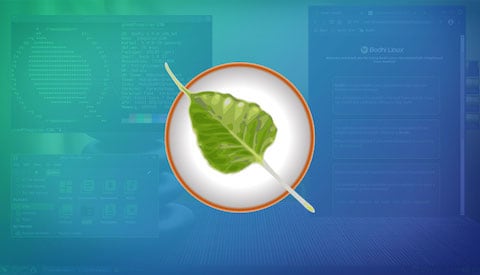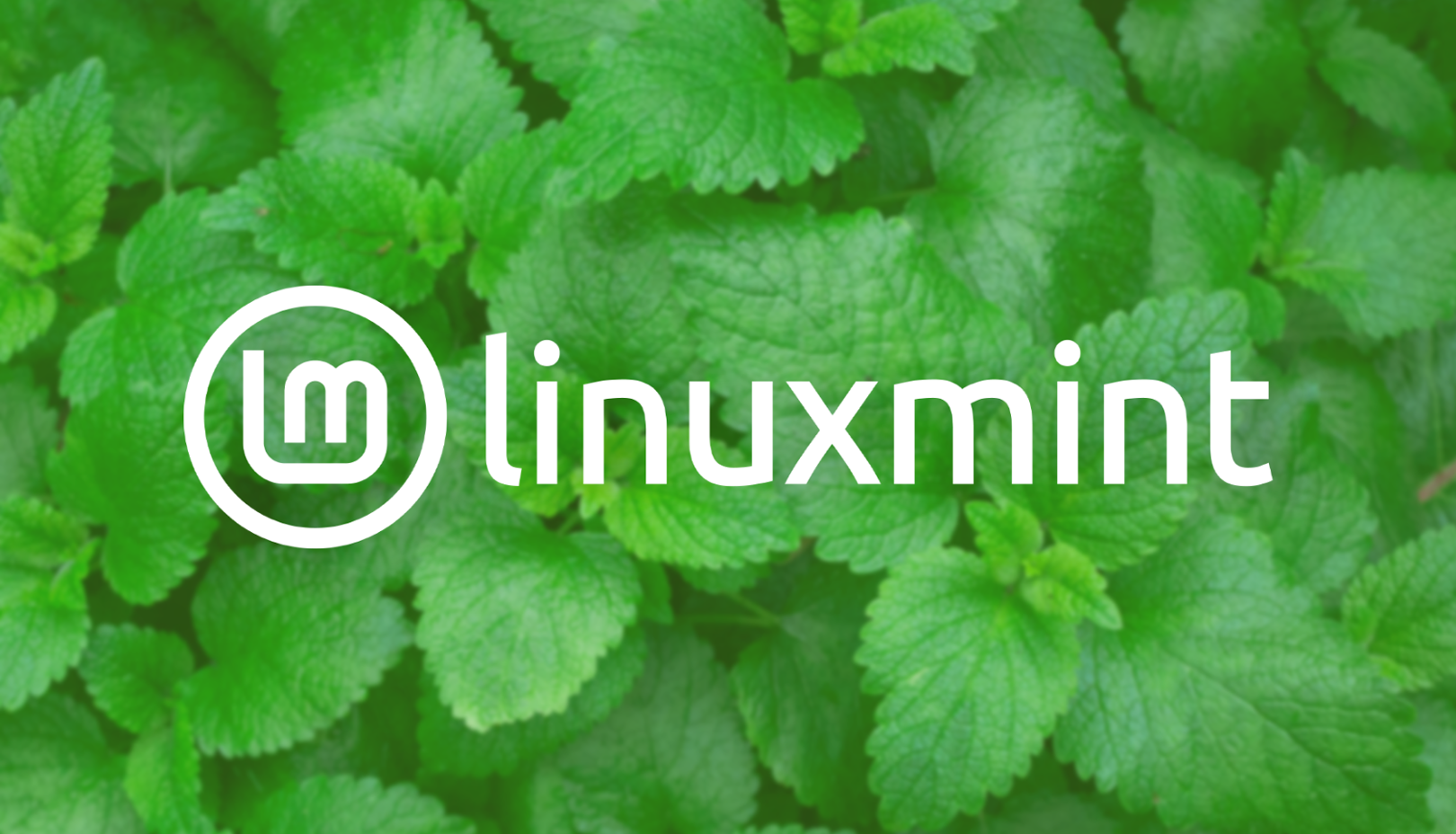Lovers of Linux distros that run well on lower-end hardware rejoice for Bodhi Linux 7.0 has been released and is now available to download.
Bodhi Linux 7.0 is based on Ubuntu 22.04 LTS, and uses the Enlightenment-based desktop and Moksha window manager by default. The distro is notable for running deftly on devices with limited resources (though there’s no reason you can’t or shouldn’t run it on high-end devices too).
I took a look at the Bodhi Linux 7.0 beta back in May and liked what I saw. Since then the distro’s devs have updated the s76 ISO to use Linux kernel 6.4 and the HWE ISO to use Linux kernel 6.2, brought in a yet-newer version of slick-greeter, and continued fixing up bugs and adding polish.
Let’s take a closer look.
Bodhi Linux 7.0: What’s New?
Lots of visual changes for those migrating from Bodhi Linux 6.x series.
A new Plymouth boot screen adds visual flair to the startup experience; there’s a new login screen theme; and the distro now dresses in “MokshaGreen”, a new theme and icon set combo (which has a darker, sleeker appearance).
Moksha keyboard shortcuts are made discernible through a new keybindings viewer (press super + f1 to open it); it’s now possible to snap windows to screen edges; and it’s possible to drag menu items out and drop them on the desktop (to create an icon/shortcut to them).
Modularity is a key USP of Moksha, and there are various improvements to the many modules included with or made available in Bodhi Linux.
Charging status in the Battery Module pop-up has been tweaked; date/time settings are included in the Clock Module; notification actions are accessible in the Notifications Module; there’s a copy shortcut I the Shot Module; and a slew of new settings in the Shelf Module, including icon size.
Apps-wise, this release comes with non-Snap build of Chromium as default web browser (a web browser manager app is included to install other browsers); Terminology terminal client; LeafPad text editor; and file management is taken care of using Thunar (with archive plugin preinstalled for ZIPs, etc).
Performance is a key consideration in Bodhi Linux so a new ‘mem trimming’ function has been introduced. This makes Moksha trim its own memory ‘every now and then’ to keep the user interface responsive.
More details in the official Bodhi Linux 7.0 release notes.
Download Bodhi Linux 7.0
Bodhi Linux 7.0 is available to download in 3 distinct versions:
- Standard ISO uses Linux 5.15 kernel (base kernel in Ubuntu 22.04 LTS)
- HWE ISO uses Linux 6.2 kernel (included in Ubuntu 22.04.3 LTS)
- s76 ISO uses Linux 6.4 kernel (courtesy of System76’s Pop!_OS)
Which version you use is up to you. If you’re on old-ish 64-bit hardware the standard ISO is likely the best fit, while those on spangly new systems should opt for the s76 ISO for better support.
You can download Bodhi Linux 7.0 by following the links on the project’s official download page.





